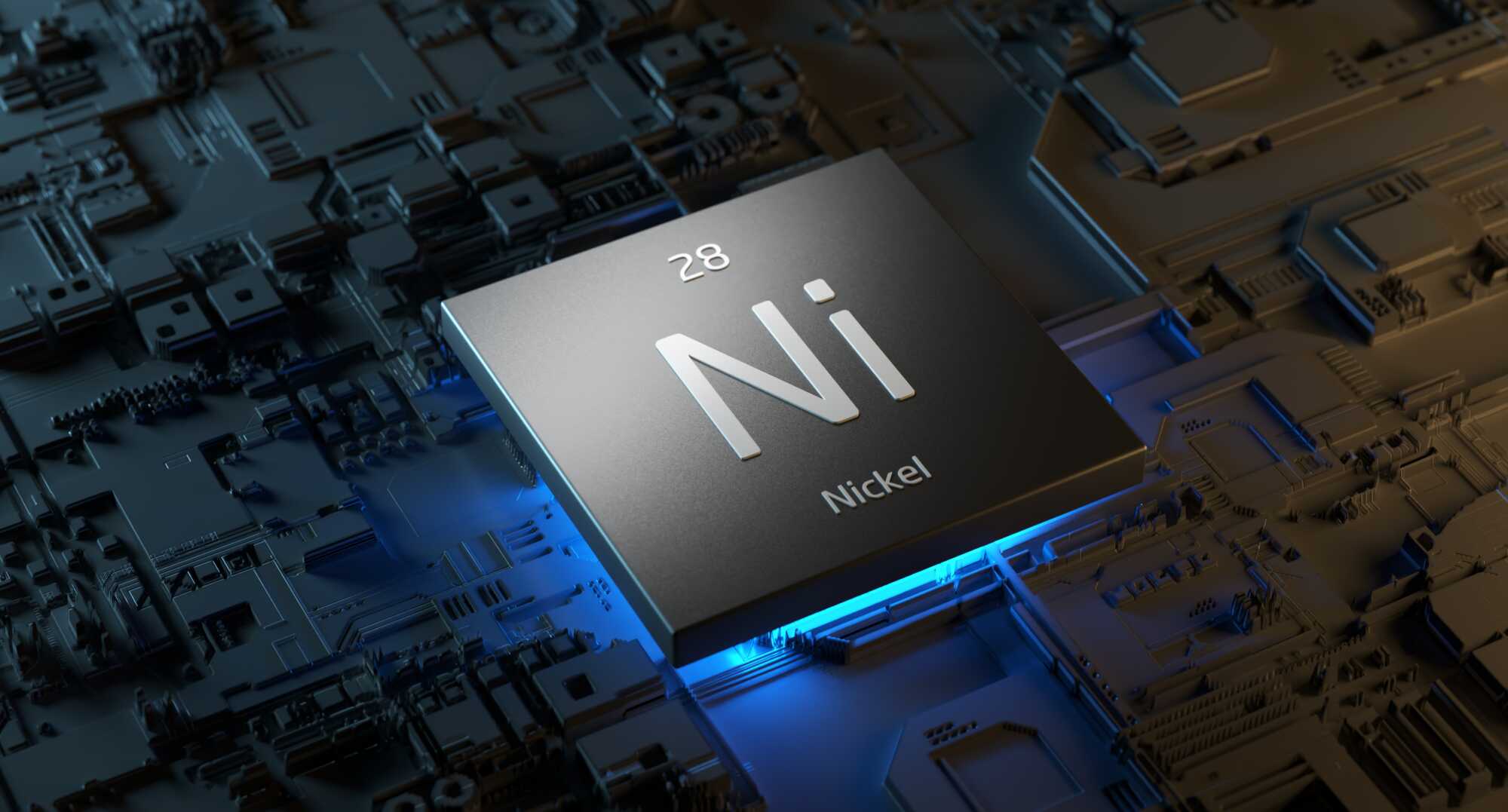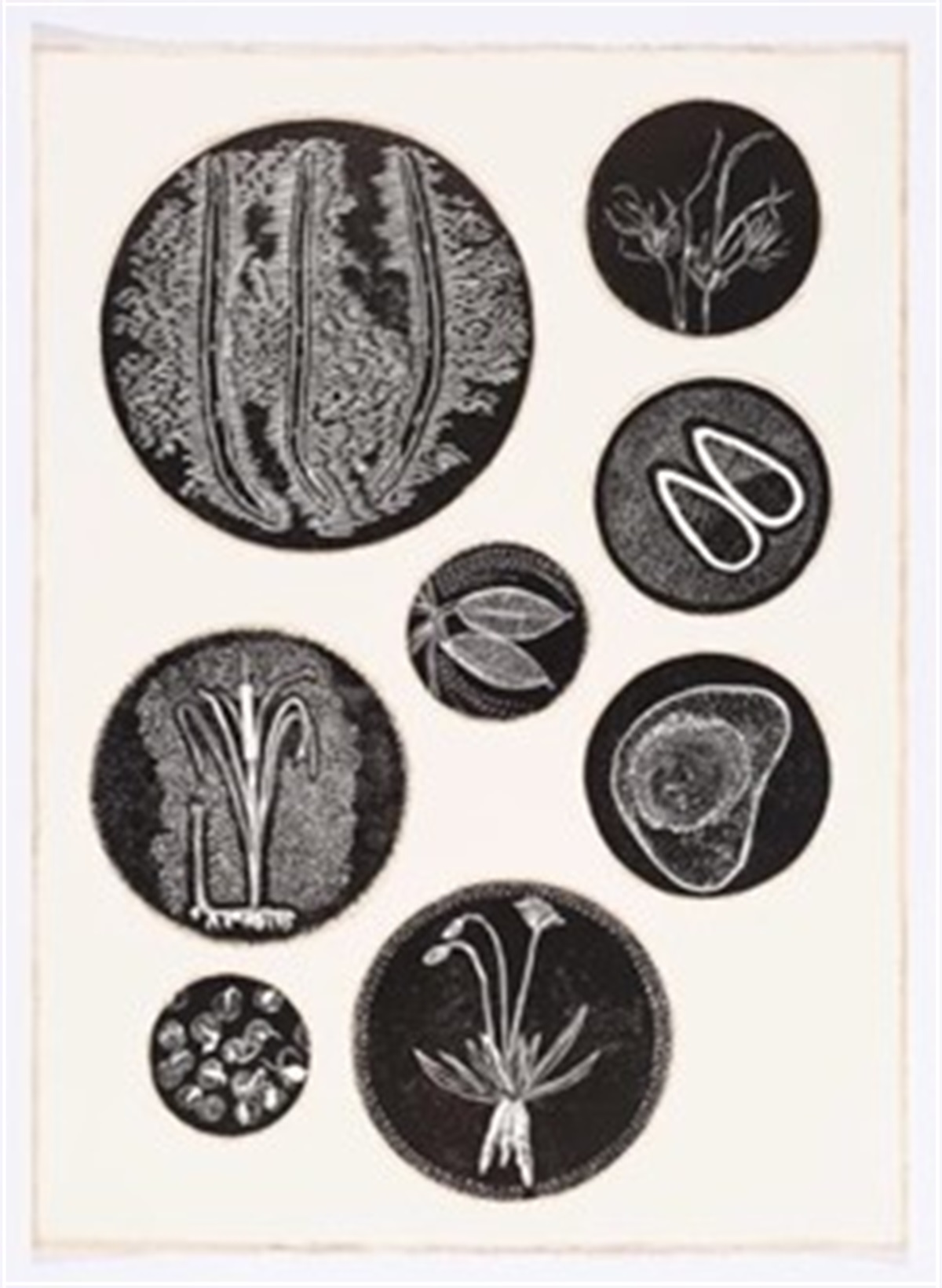RMIT will continue as ACMI’s major research partner for another three years, building on the highly successful relationship established in 2016.
RMIT’s multifaceted partnership with ACMI, Australia’s national museum of screen culture, is focused on delivering tangible research outcomes that enrich the sector and support new education practices.
New research programs to increase screen, media and digital literacy in schools and another to transform the digital experience of museum audiences have recently been added to the array of ongoing collaborative activity.
The digital literacy research will inform further education and training developed by ACMI and RMIT for school teachers, facilitated through RMIT’s School of Education.
These new projects will sit alongside other successful joint initiatives – including the ACMI + RMIT Audience Lab and the ACMI + RMIT Games Prize – and the partnership’s flagship research program focused on how arts education can foster social inclusion.
Professor Tim Marshall, Deputy Vice Chancellor of the College of Design & Social Context, said it was wonderful to see the partnership continue to expand and respond to community and industry needs.
“Over the past seven years we have made great progress toward our shared goals of enhancing the sector, supporting innovative education practices and fostering future creative leaders in screen-based disciplines and digital transformation,” he said.
“Our work with ACMI is exemplary of a truly collaborative, creative and impact-driven relationship that brings real benefit to students, industry and the community.
“For RMIT students, the partnership and its research activities directly feed into our learning and teaching, offering a rich student experience within a broad range of creative industry disciplines.”
Highlights of the partnership to date include establishing the ACMI + RMIT Audience Lab, which acts as a testing ground for moving image creators.
Since opening in 2018, the ACMI+RMIT Audience Lab has helped over 70 game developers, filmmakers, moving image artists and individual creators develop new works.
The creators gain valuable insight from public audience testing sessions, which inform development or finalisation of their projects. In return, ACMI visitors have had unique opportunities to talk to creators, and experience new works in varying stages of their development.
Another successful initiative is the annual ACMI + RMIT Games Prize – including a $5,000 prize and an ACMI X co-working residency – awarded to a promising graduate to develop a game for commercial release.
All prize winners and their games have gone on to receive VicScreen funding and, in some cases, Screen Australia funding.
Through the partnership, select RMIT students can be involved in ACMI industry projects and work placements, while PhD candidates and creative arts graduates are invited to apply for RMIT residencies at ACMI X, ACMI’s creative co-working space.
Seb Chan, ACMI Director & CEO, said he is delighted that ACMI and RMIT will continue working together to foster research and innovation among two globally focused Victorian institutions.
“ACMI’s major research partnership with RMIT has gone from strength-to-strength since it began seven years ago – it’s so rewarding to see two Victorian institutions with a global outlook working together to drive innovation across our education and creative sectors,” he said.
“Collaborating with RMIT on industry research, student engagement and programs including the ACMI + RMIT Audience Lab, this partnership builds the screen, media and digital literacy of students and supports the digital transformation of the museum sector.”
“The next generation of moving image practitioners emerging from RMIT are also benefitting from initiatives such as the ACMI + RMIT Games Prize and opportunities to participate in ACMI X co-working residencies, internships and work integrated learning projects.”
ABOUT ACMI
ACMI is Australia’s national museum of screen culture. Located in the heart of Melbourne and accessible online, we navigate the universe of film, TV and videogames. Our vibrant calendar of exhibitions, screenings, commissions, festivals, and industry, education and touring programs explore screen culture and the creative technologies that shape our futures. The museum reopened in February 2021 after a two-year, $40 million redevelopment – an architectural, programmatic and technological transformation.








